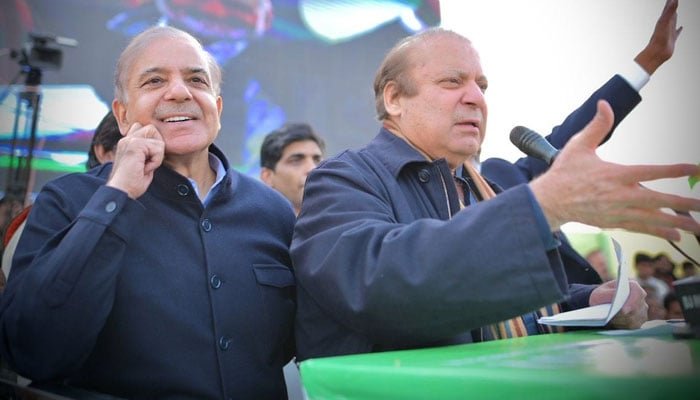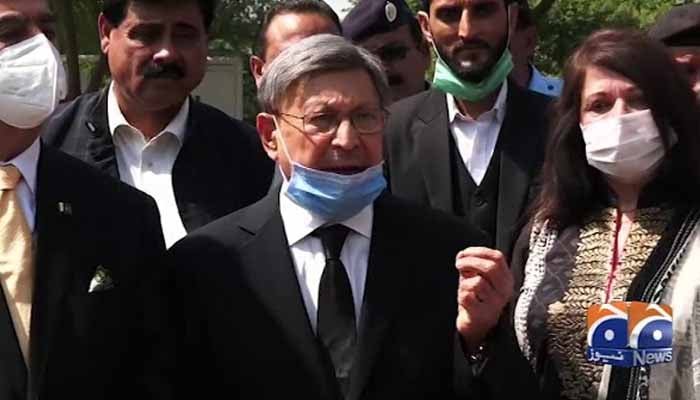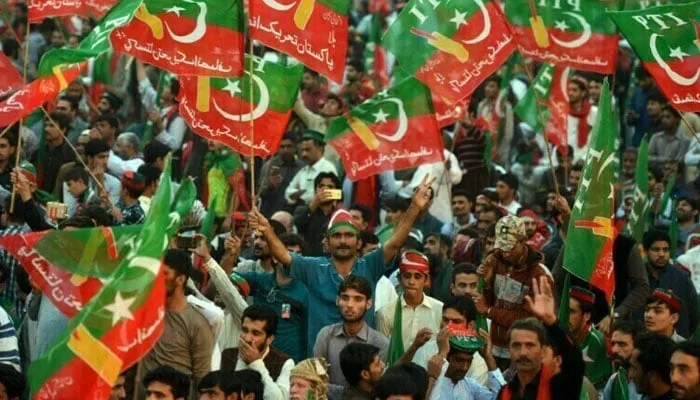In January 2020, Islamabad (Ansar Abbasi) received a note from Nawaz Sharif, the former Prime Minister of Pakistan, which has raised eyebrows due to its reference to General Qamar Javed Bajwa’s extension in service. This note contradicts the allegations that Nawaz Sharif and his party, the Pakistan Muslim League-Nawaz (PML-N), supported the legislation in early 2020 that extended General Bajwa’s tenure.
It’s essential to recall that in early 2020, the PML-N had openly endorsed the government’s legislation to grant General Bajwa a three-year extension in his role as the Chief of Army Staff. After Nawaz Sharif’s approval, the bill passed without any hitches, allowing General Bajwa to continue his service.
Now, the question arises as to how Nawaz Sharif can speak about a conspiracy in 2017 when, in 2020, he supported General Bajwa’s extension. It’s worth noting that the British High Commission’s involvement in this matter is also noteworthy, as it indicates an international dimension to these political dynamics.
Nawaz Sharif’s letter conveyed the message that the government should view the critical legislation aimed at ensuring the country’s stability in a positive light. However, he emphasized that there should be no rush or bending of rules regarding this matter. He also advocated for a parliamentary process that adheres to the principles of democracy and the rule of law.
Nawaz Sharif’s note recommended a precise timeframe for the passage of the legislation, with key steps outlined. These steps included introducing the bill in the National Assembly, referring it to a standing committee, seeking input from all parliamentary parties, and finally, deliberating and voting on the bill in the Senate.
The significance of this revelation lies in the fact that Nawaz Sharif’s letter suggests that parliamentary procedures and democratic norms should not be compromised even in critical matters like extending the tenure of the Chief of Army Staff. This viewpoint aligns with the principles of transparency and accountability in government affairs.
Moreover, Nawaz Sharif’s assertion that the Parliament should not hastily approve important legislation underscores the importance of thorough debate and careful consideration, regardless of the political climate.
Nawaz Sharif’s letter has added a layer of complexity to the political narrative surrounding General Bajwa’s extension. It highlights the need for adherence to democratic processes and the rule of law in critical decisions, even when supported by political rivals. This revelation also invites further scrutiny of the intricate political dynamics in Pakistan’s ever-evolving political landscape.



